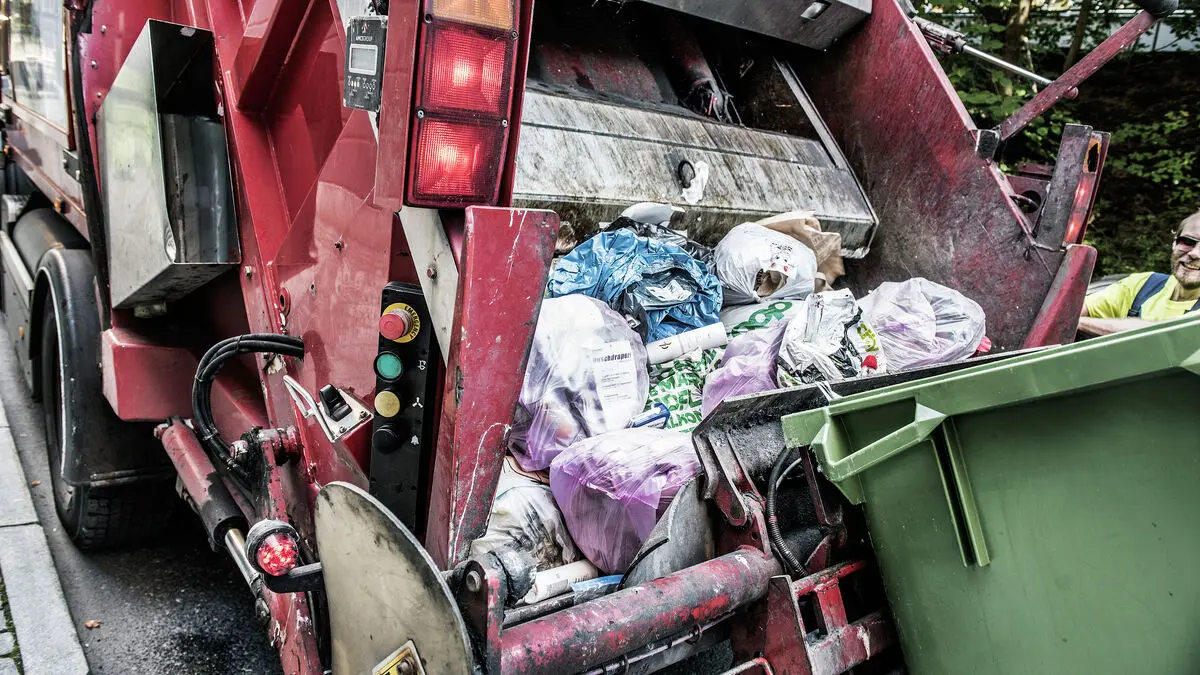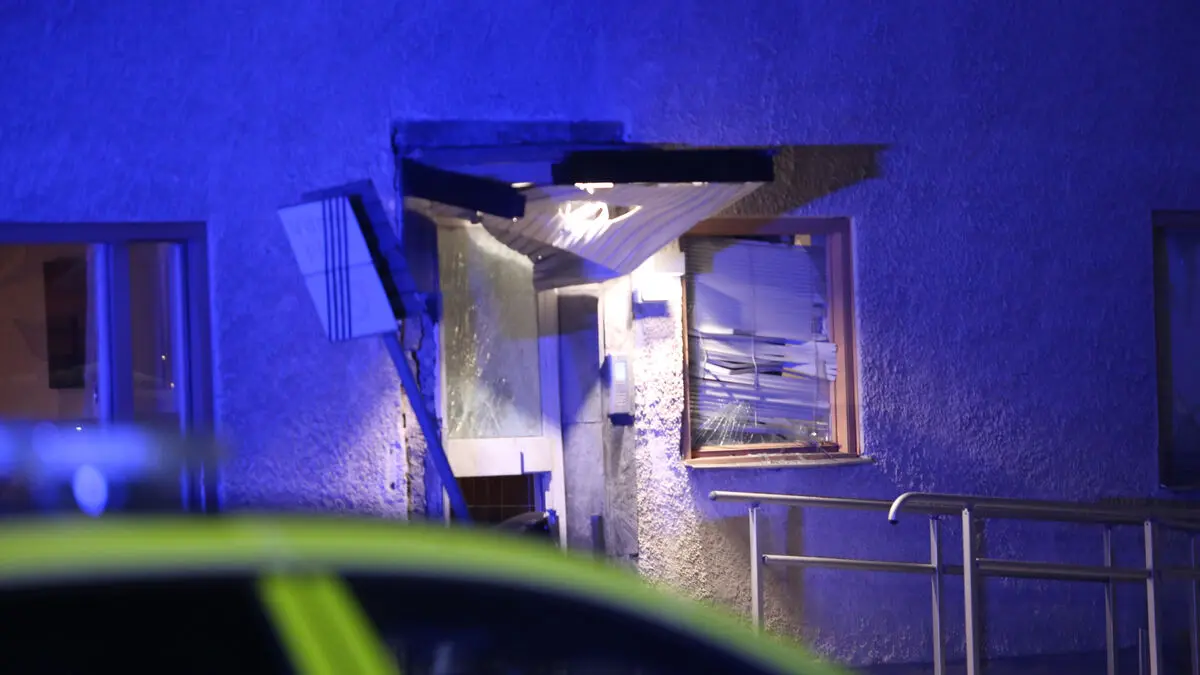Every year, the Nils Holgersson group (consisting of various property owners' organizations and the Tenants' Association) reviews the charges for the largest cost items such as district heating, garbage, water and sewage, and the electricity network fee.
2025 was another year with heavy mark-ups, far above the general cost increase (inflation). Nils Holgersson has already reported on the individual parts, now the total is presented.
60 percent more expensive than 2022
"These price increases are not sustainable in the long term. They apply to services that are necessary and completely without competition, where households and property owners lack the ability to influence cost developments," says Rikard Silverfur, chairman of the Nils Holgersson group and also head of sustainability at Fastighetsägarna, in a written comment.
The average total fees for 2025 were 9.7 percent higher than in 2024, excluding the fluctuating electricity prices. The previous three years were between 11 and 14 percent higher annually.
"From 2022, the costs for electricity networks, district heating, water and sewage, and waste have increased by almost 60 percent, while the CPI (inflation) has risen by approximately 20 percent, in comparison," writes the Nils Holgersson group.
Some relief
However, in the past year, housing companies have been helped by falling interest rates, which, depending on the size and terms of the loans, has alleviated the otherwise rising tariff costs. For many associations, interest costs are the heaviest item, followed by district heating.
The organization also highlights the remarkably large differences in tariffs between the municipalities. In the cheapest, the tariffs cost 1,961 kronor per apartment and month in Nils Holgersson's typical apartment. The most expensive is in Vaxholm, 3,633 kronor per month, almost twice as much. This is the fourth year in a row that the gap between the cheapest and most expensive municipalities has grown, according to the calculations.
"The large price differences show that the fees are set on unclear grounds and that a clearer structure for transparency and influence is needed," says Rikard Silverfur.






